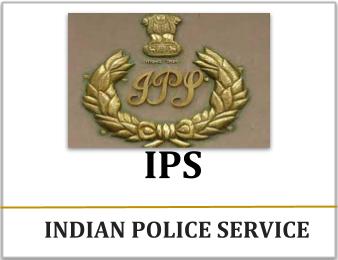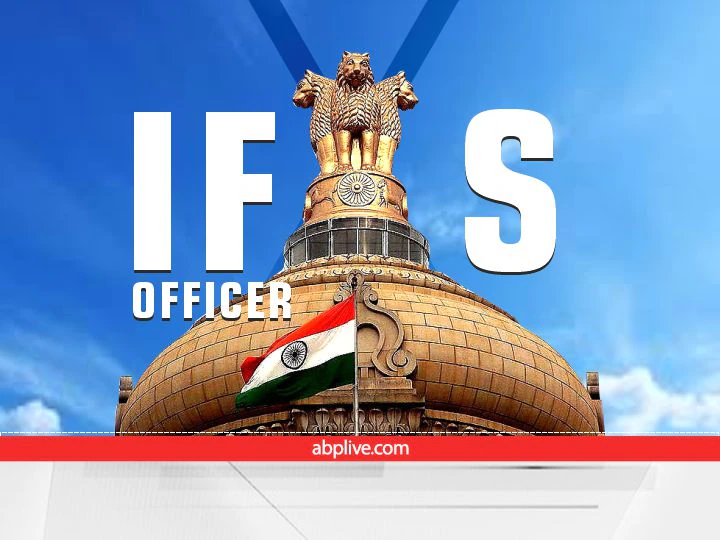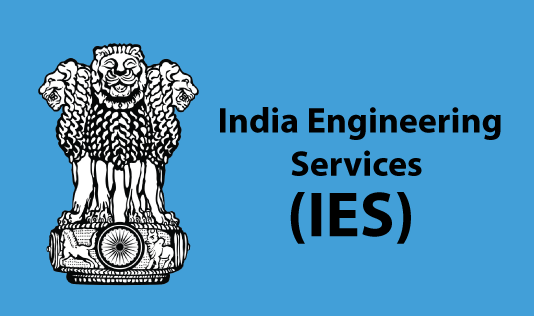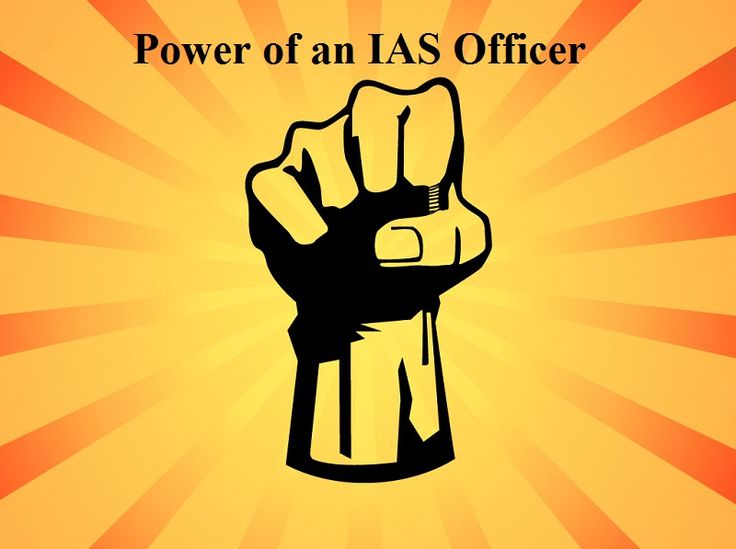Mon-Sat 9am-7pm






IPS stands for Indian Police Service. It is a part of the Civil Services of the Government of India. In this article, you will be reading about the topic – how to become an IPS officer
There are many Civil Services, which are pillars of the Government of India. Here’s a list of Civil Services in India. Among these Civil Services, IPS, along with IAS, commands the most respect and prestige!
IAS and IPS are the most preferred choice among Civil Service aspirants. This is the main reason why only toppers (in the Civil Service exam) get selected for IAS and IPS training!
IPS officers have done important roles in the Police service of India. They are directly involved in the Nation-building process. If you want to bring about a change in society, this profession is for you!
Being an IPS officer, you’ll get a chance to bring about change at the grassroots level! You’ll get a chance to improve the lives of people through development in areas such as – social security, law, and order, crime prevention, women safety, etc.
In short, it is a challenging and immensely satisfying profession. IPS officers also get to enjoy a good salary package and additional benefits (such as housing, pension, medical benefits, etc). It is an influential post that commands respect in society.

An IPS (Indian Police Service) officer carries out his/her responsibilities by safeguarding public IPS Officer serves for the state & central as well. Their primary duty is to maintain peace among the public The IPS gives more importance to law and order, which, at the district level, is a collective responsibility of IPS and IAS officers; detecting and preventing crime; and traffic control, preventing drug, accident prevention, and management, etc. Their main role is to lead and command the Indian Intelligence Agencies like Research and Analysis Wing (R&AW), Intelligence Bureau (IB), Central Bureau of Investigation (CBI), Criminal Investigation Department (CID), etc., Indian Federal Law Enforcement Agencies, Civil and Armed Police Forces in all the states and union territories
HOW TO BECOME AN IPS OFFICER?
Becoming an IPS officer is not an easy task. It is a challenging and demanding job. Only the best candidates are selected for this post.
In order to select these deserving candidates, the Government of India has tasked UPSC with the task of conducting the Civil Services examination.
EXAMINATION
To become an IPS officer, a candidate must crack the tough Civil Services examination. UPSC is the body that conducts this examination.
CIVIL SERVICES EXAMINATION (CSE): DETAILS
Civil Services examination is ranked among the toughest examinations in the world. The exam is conducted once each year. The entire exam spans one year!
The Civil Services examination consists of two main parts. They are –
Each year, Lakhs of candidates appear for the Civil Services preliminary examination. Among them, only a handful of candidates are selected for the mains examination.
The first stage of CSE is preliminary examination. The preliminary examination consists of objective-type papers (general studies and aptitude tests). Candidates who clear preliminary examination are called to appear for the mains examination.
The second stage of CSE is the mains examination. It consists of nine papers. Candidates who manage to clear the mains examination are then called to appear for the Interview/Personality Test.
PRELIMINARY EXAMINATION
Preliminary Examination is well known as prelims exam. The prelims exam consists of two papers –
You’ll find details about each paper in the table provided below –
|
Paper |
Type |
Duration |
No of Questions |
Marks |
|
Paper 1 |
General Studies |
2 Hours |
100 |
200 |
|
Paper 2 |
Aptitude Test |
2 Hours |
80 |
200 |
|
Preliminary Examination |
||||
MAINS EXAMINATION
Mains examination consists of 9 papers. Out of the 9 papers, 2 are qualifying papers, and 7 papers are used for ranking candidates.
Details about mains examination have been provided in the below table –
|
Paper |
Type |
Marks |
|
Paper A (Qualifying Exam) |
Language |
300 Marks |
|
Paper B (Qualifying Exam) |
English |
300 Marks |
|
Paper 1 |
Essay |
250 Marks |
|
Paper 2 |
General Studies 1 |
250 Marks |
|
Paper 3 |
General Studies 2 |
250 Marks |
|
Paper 4 |
General Studies 3 |
250 Marks |
|
Paper 5 |
General Studies 4 |
250 Marks |
|
Paper 6 |
Optional Subject, Paper 1 |
250 Marks |
|
Paper 7 |
Optional Subject, Paper 2 |
250 Marks |
|
Mains Examination |
||
ELIGIBILITY CRITERIA
If you want to become an IPS officer, you must crack CSE. To appear for CSE, you must satisfy some requirements. Here they are –
EDUCATIONAL QUALIFICATIONS REQUIRED
All candidates must have as a minimum one of the following educational qualifications:
The following candidates are also eligible, but must submit proof of their eligibility from a competent authority at their institute/university at the time of the main examination, failing which they will not be allowed to attend the exam:
AGE LIMIT
NATIONALITY
For the Indian Administrative Service and the Indian Police Service, the candidate must be a citizen of India
For other services, the candidate must be one of the following:
POSTS AND CAREER GROWTH
After completing training, IPS Officers are commissioned as Deputy Superintendent of Police or Additional Superintendent of Police at the District level. With time, they are promoted to higher posts such as –Superintendent of Police, Deputy Commissioner of Police, Senior Superintendent of Police, Deputy Inspector General, Inspector General, Additional Director General of Police, and Director General of Police
“IPS” – these magic sets of three English alphabets can sound the war drums in many young people’s hearts in India. Indian Police Service is the ultimate fantasy of those whose blood boils against crimes and criminals. But make no mistake, being an IPS is not only a manly dream, but many young ladies also want to wear khaki.
But, do you know about the career progression of an IPS officer? Do you know what you can be or can do after being selected in the service?
In this hub, I am going to make you aware of the long career path of an Indian Police Service officer. Read the lines below and dream more colorfully.
The salary of IPS officers is quite good especially after the implementation of the fifth pay commission. Entry Level IPS officers are paid around Rs.40,000 a month, Middle-Level IPS officers get around Rs.60,000 a month whereas Senior Level IPS Officers get around Rs.80,000 a month. Besides their pay IPS officers are also entitled to special perks depending on where one is posted. This is, however, a variable amount specific to some locations only.
The Government of India has fixed salary grades for IPS officers. These, however, keep on changing with new pay commission Present pay scale of IPS are as follows:-
|
Rank |
Equivalent positions or designations in the State Governments |
Pay Scale |
|
Deputy Superintendent of Police |
Assistant Commissioner of Police |
Rs.56,100/- |
| Additional Superintendent of Police | Additional Deputy Commissioner of Police | Rs.67,700/- |
|
Superintendent of Police |
Deputy Commissioner of Police |
Rs.78,800/- |
|
Senior Superintendent of Police |
Deputy Commissioner of Police |
Rs.1,18,500/- |
|
Deputy Inspector General of Police |
Additional Commissioner of Police |
Rs.1,31,100/- |
|
Inspector General of Police |
Joint Commissioner of Police |
Rs.1,44,200 |
|
Additional Director General of Police |
Special Commissioner of Police |
Rs.2,05,400/- |
|
Director General of Police |
Commissioner of Police (State) |
Rs.2,25,000/- |
Call us at +91 9205084085, Monday - Friday, 9 am - 7 pm


